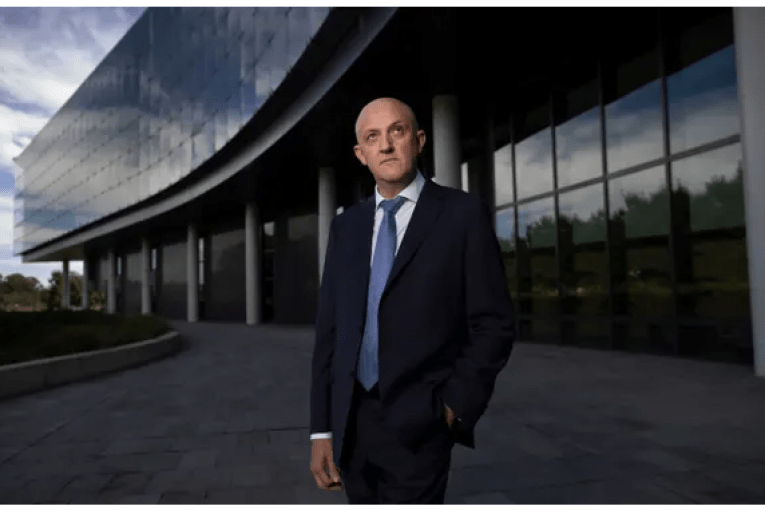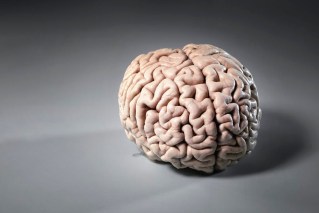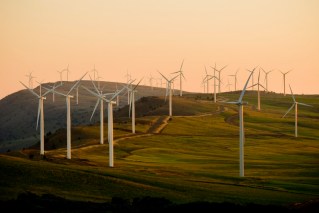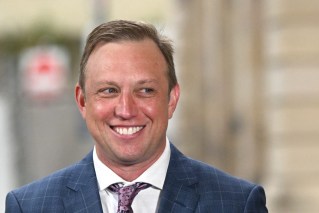New survey proves what election told us – Coalition has a big problem with women
Australian women are less likely to vote for the Liberal-National coalition by up to 10 percentage points compared with men, new analysis shows.
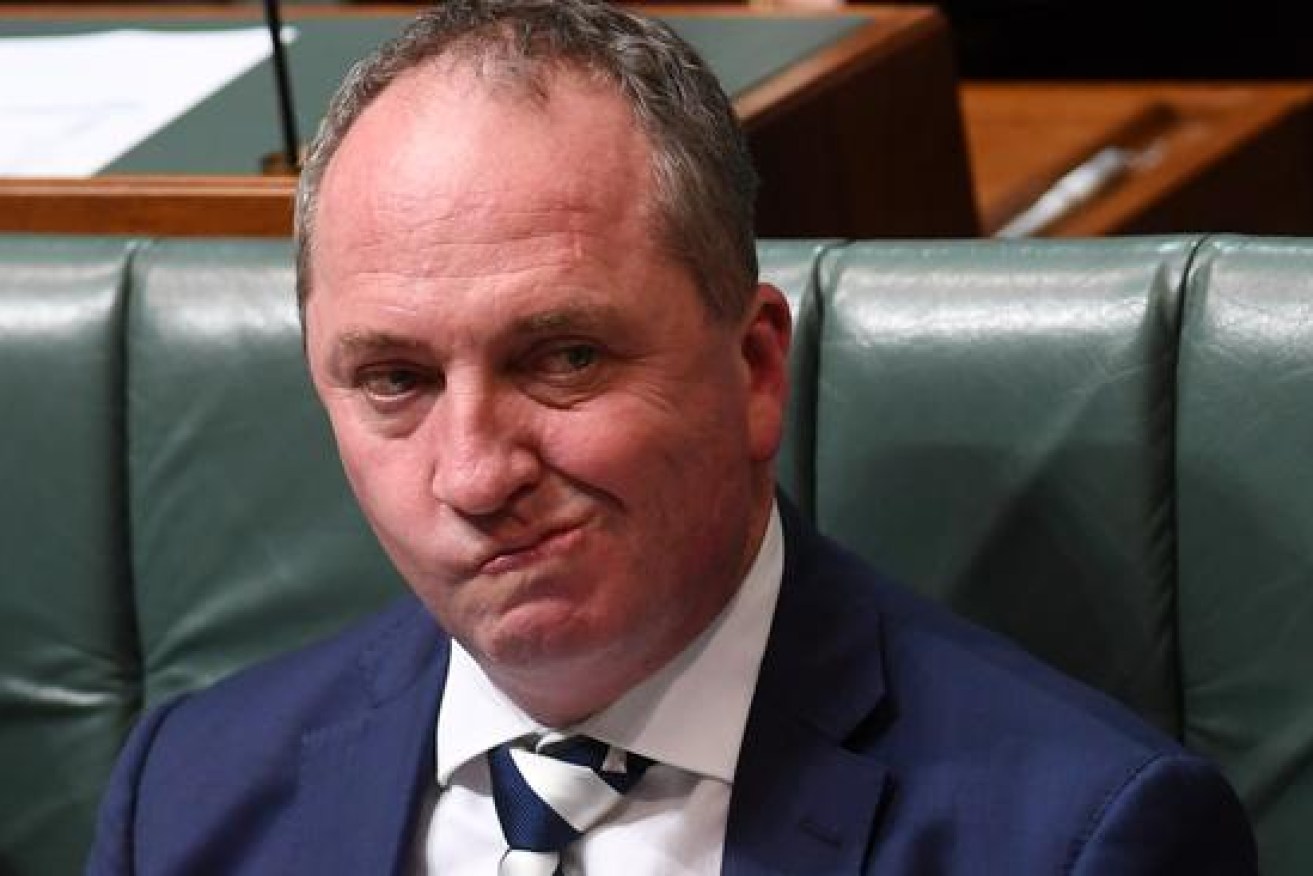
Deputy Prime Minister Barnaby Joyce is campaigning with strong effect in regional seats. (AAP image).
Male and female voters viewed the treatment of women in politics as the coalition’s second-biggest weakness at this year’s federal election, slightly behind the state of aged care in Australia.
The Australia Institute research conducted on May 21 and again in June found that the gap between men and women who would vote for the coalition widened after the election.
There was a seven percentage point gap between the male and female coalition primary vote in the election night exit poll at 37 per cent and 30 per cent respectively.
But three weeks later, the gap had widened to 10 percentage points and only 28 per cent of women said they would vote for the coalition compared with 38 per cent of men.
The federal coalition has a lot of ground to make up with female voters, Australia Institute deputy director Ebony Bennett said.
“This research shows it’s little wonder Liberal Party senators like Linda Reynolds are publicly voicing concern that the coalition had its worst result in 30 years for female representation in the House of Representatives,” she said.
Just 11 of the coalition’s 58 members elected to the lower house at the election are women.
Senator Reynolds last week called on the opposition to consider adopting temporary gender quotas to ensure more women have the opportunity to be elected for her party.
The national survey involved 1424 Australians on May 21 and 1001 Australians three weeks later.
People were asked how they voted in the federal election and about the strengths and weaknesses of the major parties.
Other coalition weaknesses identified by the research were the failure to establish a national anti-corruption commission, former deputy prime minister Barnaby Joyce, and the government’s handling of natural disasters.
Meanwhile, federal, state and territory ministers responsible for women and women’s safety will meet in Adelaide on July 22 to discuss policy.
The meeting to be hosted by the federal Minister for Women Katy Gallagher and Minister for Social Services Amanda Rishworth will focus on gender equality, women’s economic security and women’s safety.
A national plan to end violence against women and children will be discussed, along with a commitment to a standalone national plan for Indigenous women.
“Our vision is for Australia to be a world leader in gender equality, and I look forward to working with states and territories on this ambition,” Gallagher said in a statement on Monday.
